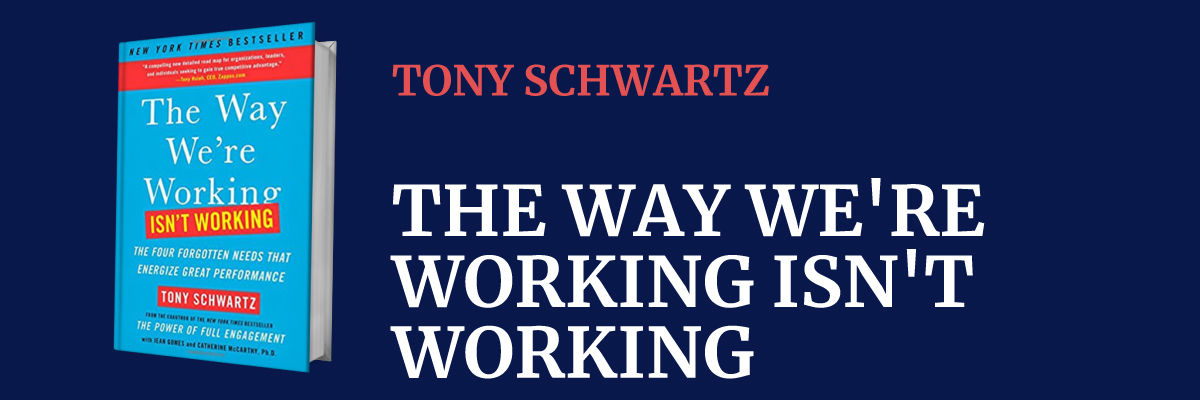
The Way We’re Working Isn’t Working — Tony Schwartz
The fact that our desire for high performance turns into time pressure, lack of adequate rest, decreased real productivity, and health problems. This grueling style of work is unacceptable for both individuals and organizations. The authors talk about changing erroneous and destructive approaches to organizing work. They also look at how to work efficiently, but not to the detriment of the quality of life.
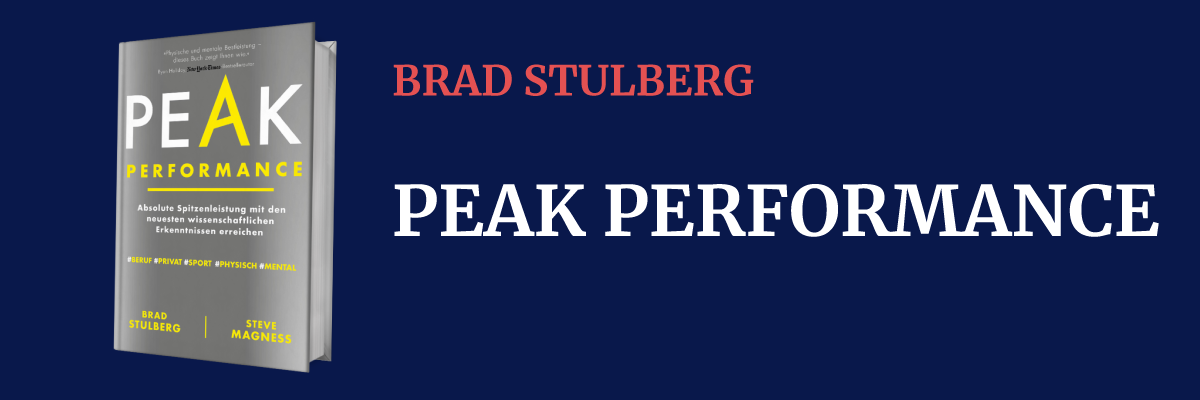
Peak Performance — Brad Stulberg
Several general principles allow you to achieve the highest results in any field of activity. It doesn’t matter if someone is trying to qualify for the Olympics, make a scientific breakthrough, or create a work of art. Many of the practices that lead to success are the same. It combines stories of the best practitioners in the field. Together they researched the topic of productivity. The result is dozens of ways to improve your productivity, from the correct alternation of rest and work to the right goal setting.
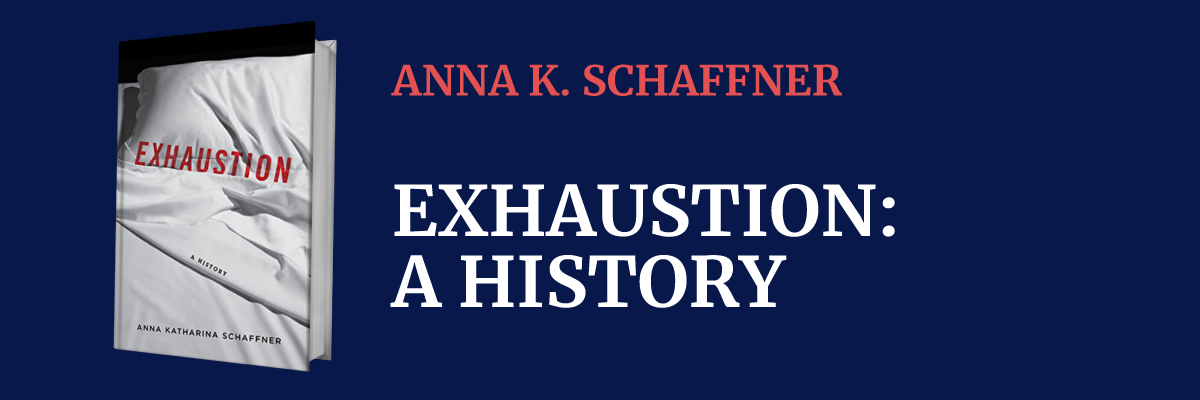
Exhaustion: A History — Anna K. Schaffner
Burnout is not a new problem. Since Antiquity, people explained it either by a lack of faith or an excess of bile. In the 18th century, it was attributed to excessive masturbation. Schaffner looks at the history of fatigue dating back to antiquity and explains that exhaustion and burnout are problems that humanity has struggled with throughout its history, not just the past few centuries.
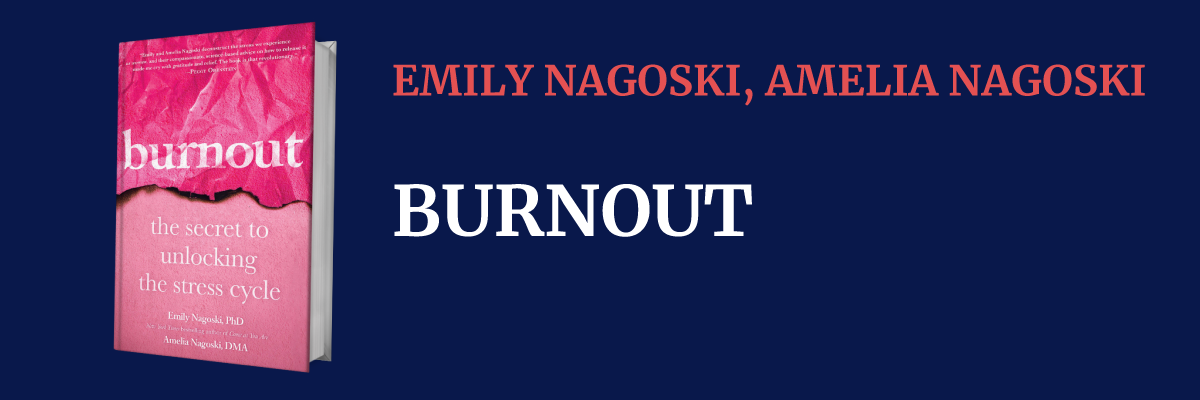
Burnout — Emily Nagoski, Amelia Nagoski
This book explains in detail and clearly shows how female burnout differs from male burnout and why. You will learn how to experience and reduce stress, cope with emotions, defend things that are important to yourself, and, ultimately, live happier than before. Many requirements are imposed on modern women: they must be nice, comfortable, calm, and have time for everything. And women dutifully follow the vicious circle of endless stress, sacrificing their interests and health.
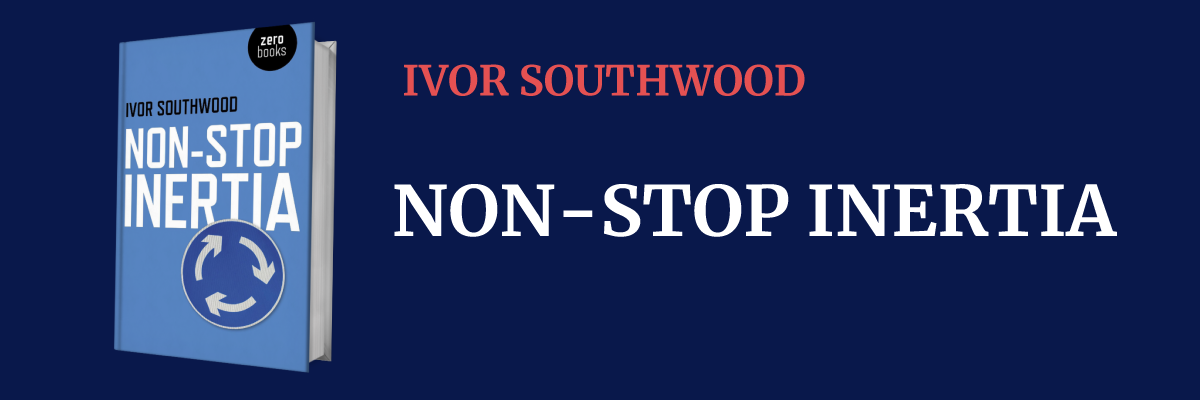
Non-Stop Inertia — Ivor Southwood
In our culture of short-term work, mobile communications, and rolling media it seems we are always on the move; but are we really getting anywhere? Non-Stop Inertia argues that this appearance of restless activity conceals and indeed maintains a deep paralysis of thought and action and that rather than being unquestionable or inevitable, the environment of personal flexibility and perpetual crisis which we now inhabit is ideologically constructed. Written from inside this system of precarious employment and debt-driven subjectivity, illustrating its arguments with actual examples and using theory to make connections and unlock meanings, the book shows how in our constant anxious pursuit of work and leisure we are running on the spot against a scrolling CGI backdrop.
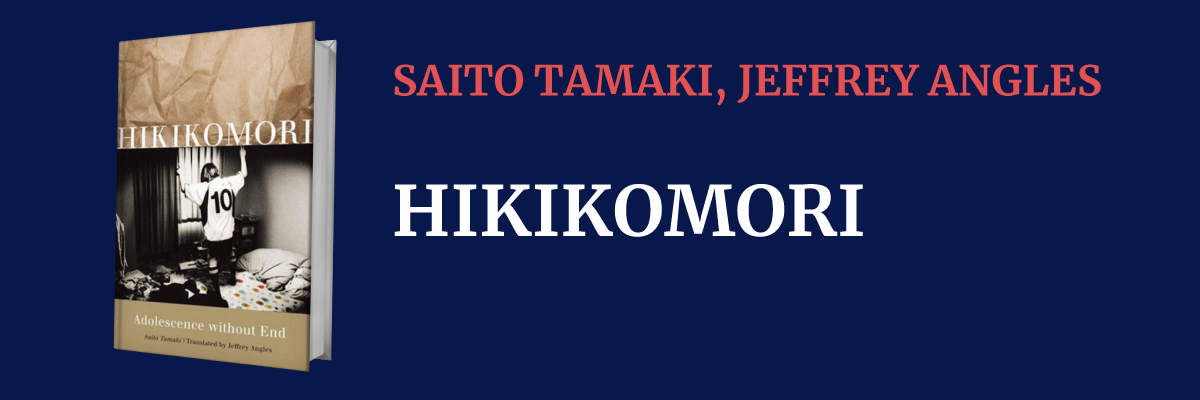
Hikikomori — Saito Tamaki, Jeffrey Angles
This is the first English translation of a controversial Japanese bestseller that made the public aware of the social problem of hikikomori, or “withdrawal”—a phenomenon estimated by the author to involve as many as one million Japanese adolescents and young adults who have withdrawn from society, retreating to their rooms for months or years and severing almost all ties to the outside world. Saitō Tamaki’s work of popular psychology provoked a national debate about the causes and extent of the condition.
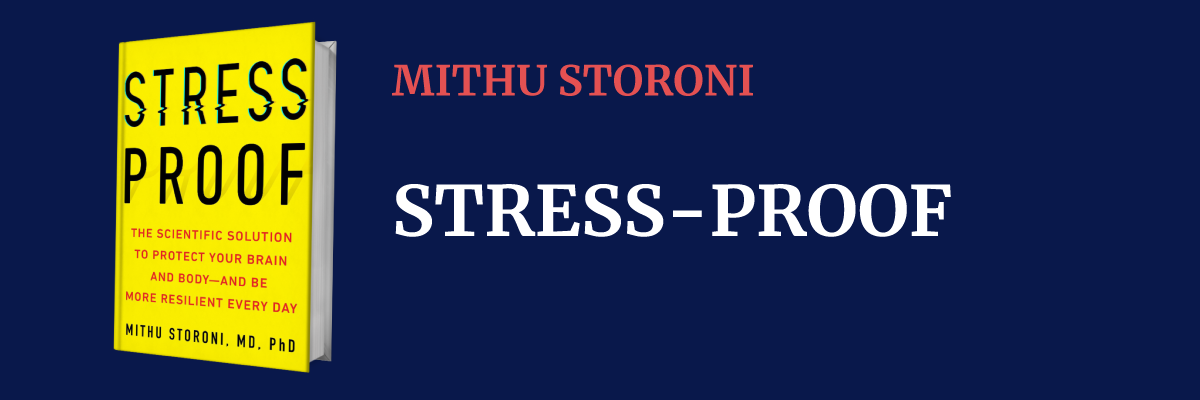
Stress-Proof — Mithu Storoni
Stress is inevitable, but excessive doses can cause serious problems — depression, emotional burnout, and other unpleasant things. The author of this book, a physician by training, provides simple, evidence-based stress management techniques and guidelines for daily, sleep, and dietary habits. This practical book will help you protect your health and keep your mindset clear, even in stressful situations. It looks at seven components of stress: inflammation, jet lag, cortisol levels, and emotional triggers.
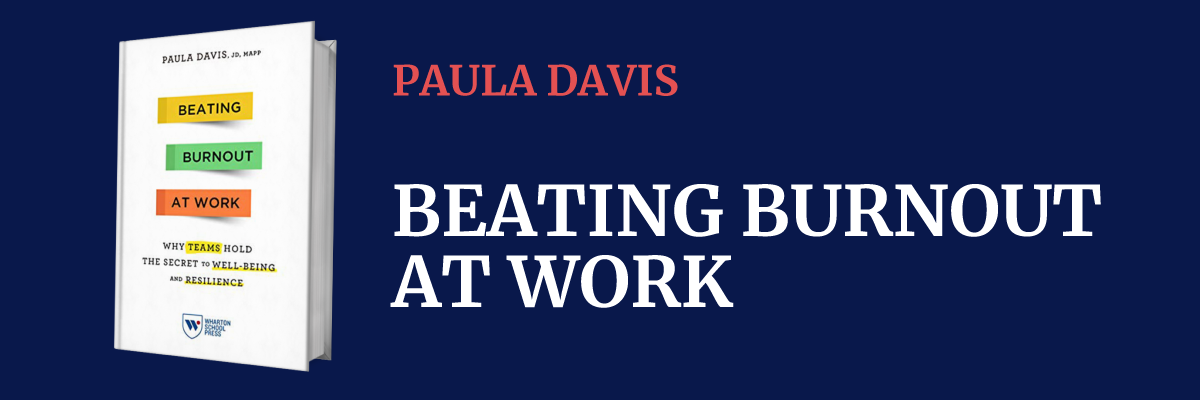
Beating Burnout at Work — Paula Davis
Burnout has become one of the most talked-about workplace topics, and its impact is far-reaching. The 24/7 pace of work, constant demands, and scant resources can easily put busy professionals on a path to burnout, a cycle that has only accelerated during the COVID-19 pandemic. Burnout affects the health and well-being of the entire organization, yet most attempts to help focus on quick-fix strategies aimed at individuals. Something is missing.
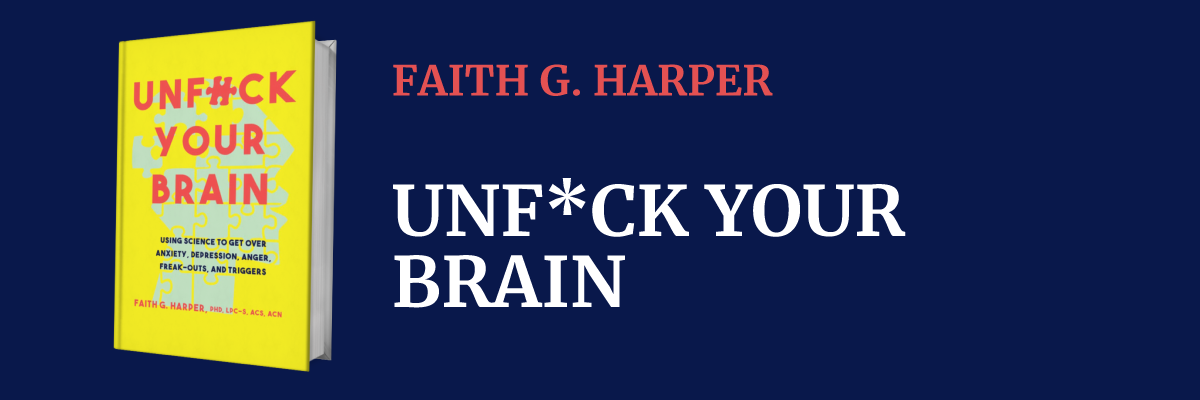
Unf*ck Your Brain — Faith G. Harper
With humor, patience, science, and lots of good-ole swearing, Dr. Faith explains what’s going on in your skull, and talks you through the process of retraining your brain to respond appropriately to the non-emergencies of everyday life, and to deal effectively with old, or newly acquired, traumas (particularly post-traumatic stress disorder).
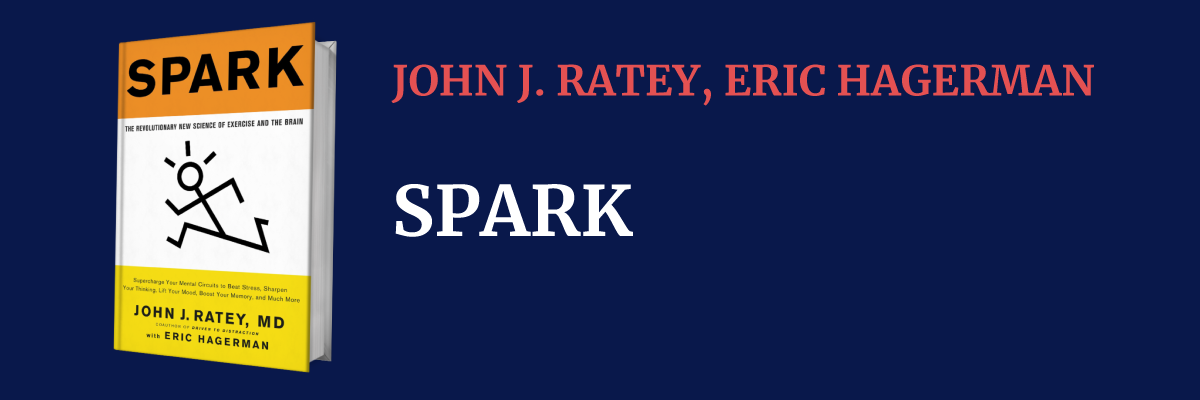
Spark — John J. Ratey, Eric Hagerman
In Spark, John J. Ratey, M.D., embarks upon a fascinating and entertaining journey through the mind-body connection, presenting startling research to prove that exercise is truly our best defense against everything from depression to ADD to addiction to aggression to menopause to Alzheimer’s.

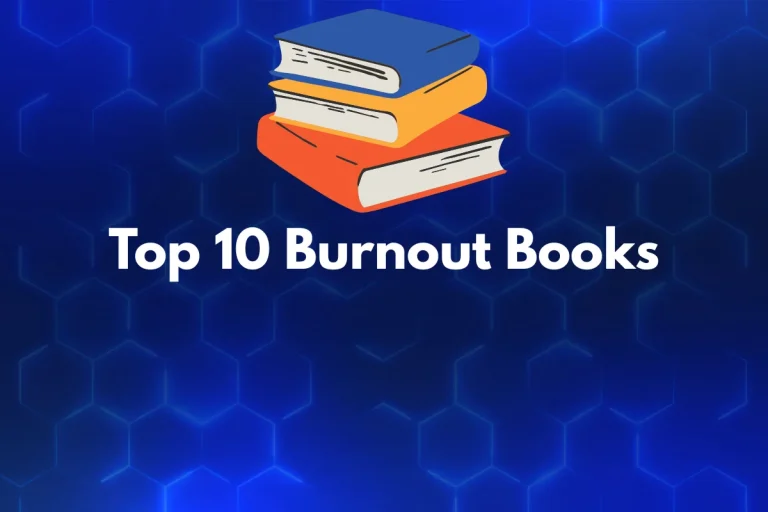
0 Comments